Vestiaire Collective: Sustainable and authenticated fashion
Feb 21, 2023
In 2022, a keen collector purchased a rare Birkin Faubourg Hermès handbag for approx. HK$1.3 million on luxury resale marketplace, Vestiaire Collective. The sale was significant as it set an online resale record. It was only possible due to the trust the buyer had in Vestiaire Collective’s curation capabilities and authentication system
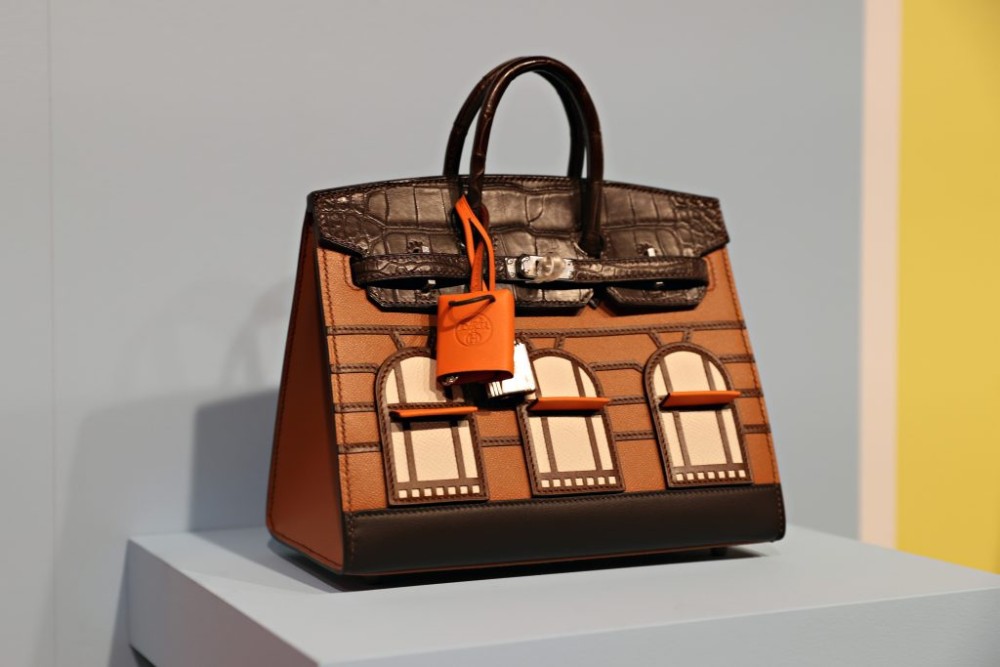
To highlight its commitment to authentication, Vestiaire Collective has launched its 2022 Trust Report. It looked at how the platform champions authentication for pre-loved fashion and its stringent processes in place for that.
Established in 2009, the e-commerce platform emerged from the idea to give luxury goods hidden in closets a second life, to re-integrate into the cycle and reduce waste. Vestiaire Collective soared from the get-go and brought authentication to pre-loved fashion. And in essence, putting trust at the centre of its business model.
Its team of 60 physical and digital authenticators undergo rigorous initial and ongoing training to help them evaluate a range of products from 23 million plus members. Every authenticator undertakes over 750 hours of training and evaluates around 40,000 products from over 10,000 brands every year, including Hermès, Prada, Gucci, Yves Saint Laurent and Louis Vuitton.
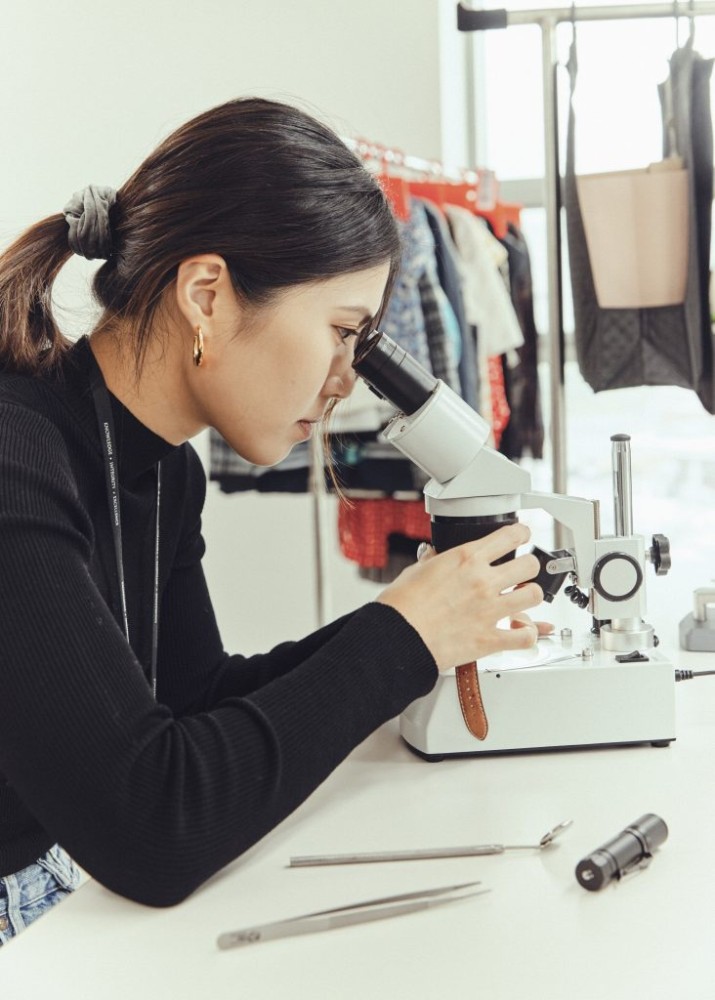
Since the platform was founded, an astounding 1.5 million items have been physically authenticated as of October 2022. Yet, eight per cent of the items listed don’t make the grade.
“Since our launch in 2009, we have made good on our promise to do the right thing by [the] people and the planet: Our platform sells genuine items to a community that’s invested, empowered and passionate about style and sustainability,” says Fanny Moizant, president and co-founder of Vestiaire Collective. “We are confident to say ‘no’ to any fashion, accessory, or jewellery pieces that fall short of our industry-defining standards for quality.”
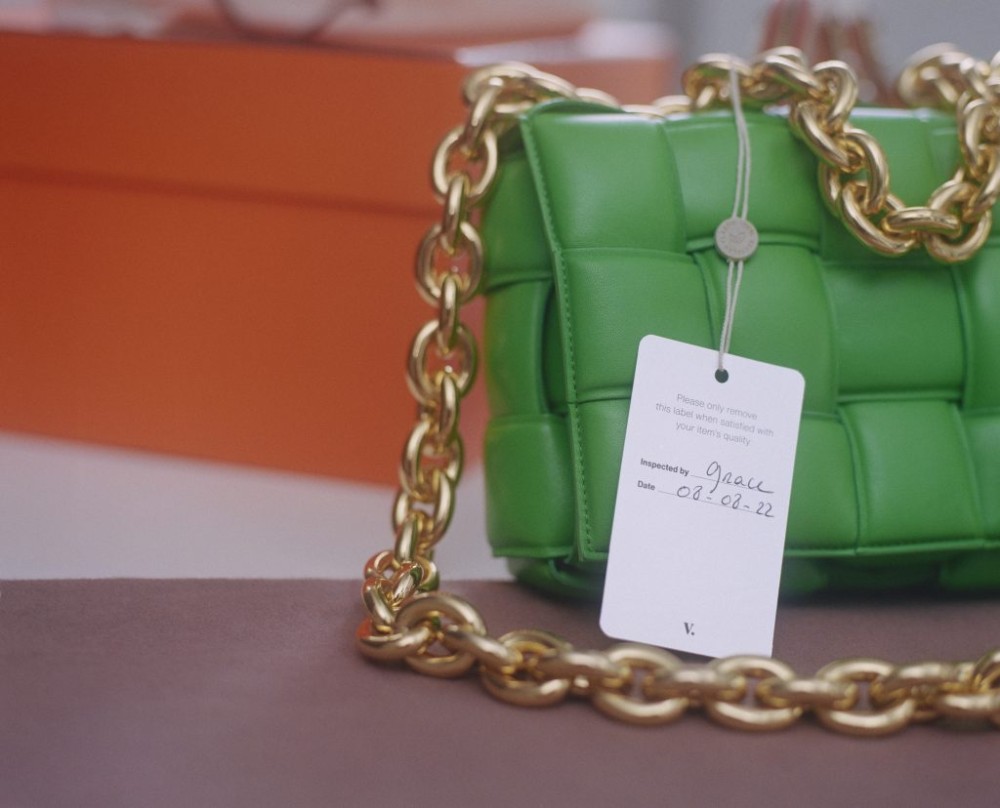
In the past two years alone, the platform has declined to list more than HK$2.8 billion worth of fashion, accessories and jewellery pieces. They report footwear being one of the most frequently faked categories and are committed to doing their bit to combat the approx. HK$3.2 trillion global trade in counterfeit items per year.
In France, Vestiaire Collective signed the Charter for the Fight Against Counterfeiting on the Internet (Charte de la lutte contre la contrefaçon sur Internet) in 2012, alongside more than 50 of the top fashion, beauty and health companies and marketplaces. It’s a pledge to reinforce best practices globally and fight forgery.
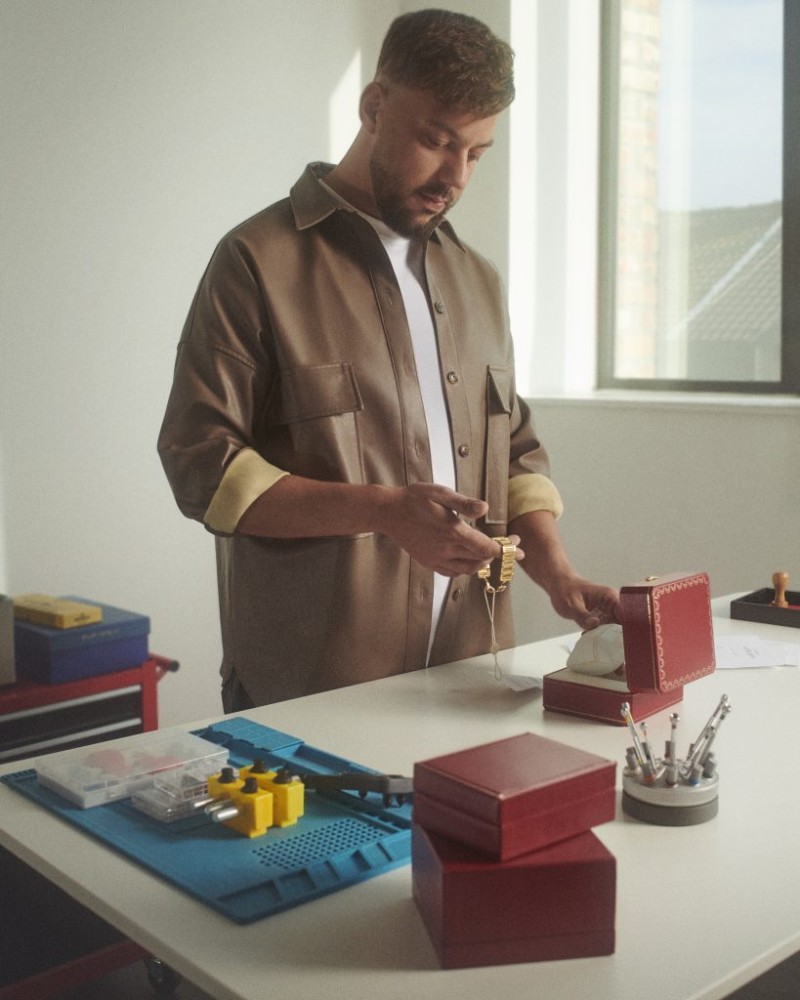
That’s not to say there aren’t fun finds to be found on the platform.
“I always recommend investing in a classic black handbag,” said Sophie Hersan, fashion director and co-founder of Vestiaire Collective. “Four years ago, I found this Fendi baguette on Vestiaire Collective before the style really made a comeback. I love hunting down rare items.”
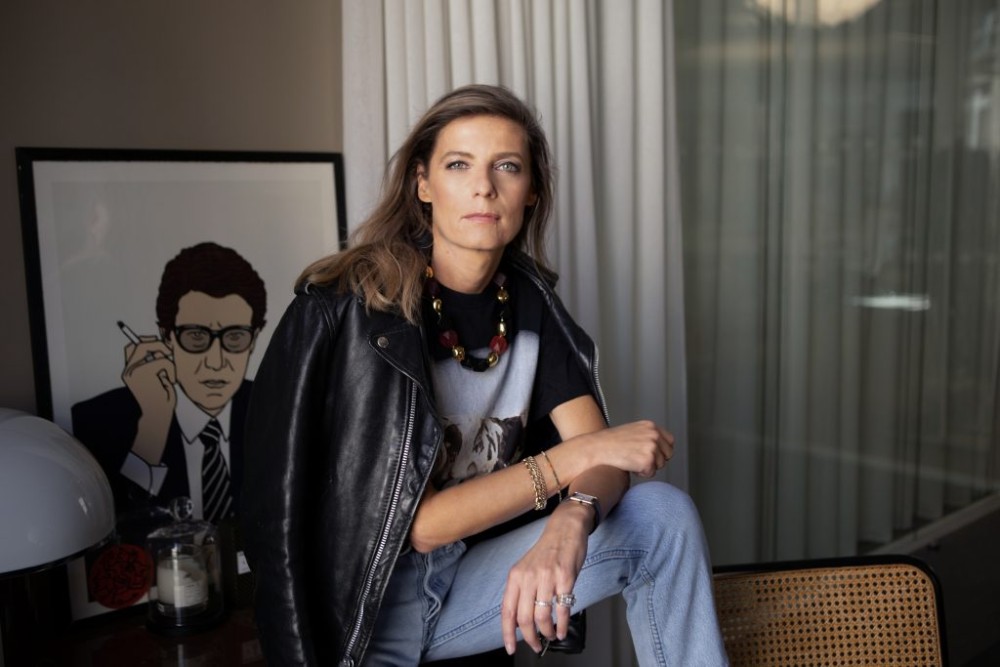
“One of my most interesting purchases was my beloved vintage Perfecto leather jacket, which I got when we did a Schott capsule edit on Vestiaire Collective, sourced by fashion expert Gauthier Borsarello,” she adds.
Vestiaire Collective shared that it has a 99.9 per cent accuracy when it comes to spotting fakes. It does so through a mix of human expertise and machine learning-based algorithms.
Also see: Fashion shoot: I love (to dress like) You
“This begins with in-depth, in-person vetting of listings by a team of several dozen experts based around the globe, from Europe (France, the UK) to the United States and Asia – including Hong Kong, with an office in Wong Chuk Hang and a warehouse in Tsing Yi, alongside South Korea and Singapore with multiple expertly trained authentication leads on-site. They are assisted by dozens more digital authenticators to ensure quality and authenticity”, Moizant states.
The steps to verify a product varies, from sniffing for a specific glue scent on the sole of a sneaker to inspecting the stitches on a designer bag. This is only possible thanks to the collective expertise of Vestiaire Collective’s diverse team.
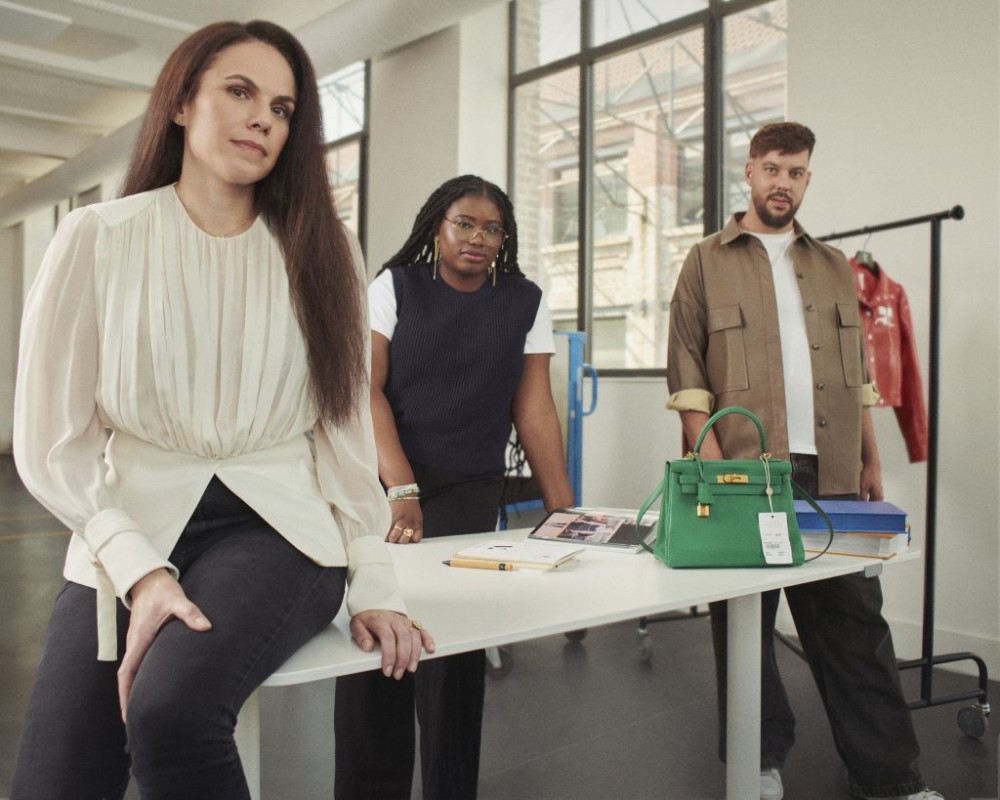
“They come from all parts of the industry, be it luxury houses; high-fashion or streetwear brands; the world’s best-known retailers and auction houses; or the ultra-discreet community of gemmologists who work with the brightest names in jewellery,” the co-founder and president adds.
Vestiaire Collective’s priority now is to invest in building a market-leading customer service team. This includes improving their technology and providing faster, more efficient and tailored solutions for customers, such as calls for specific situations or luxury pieces.
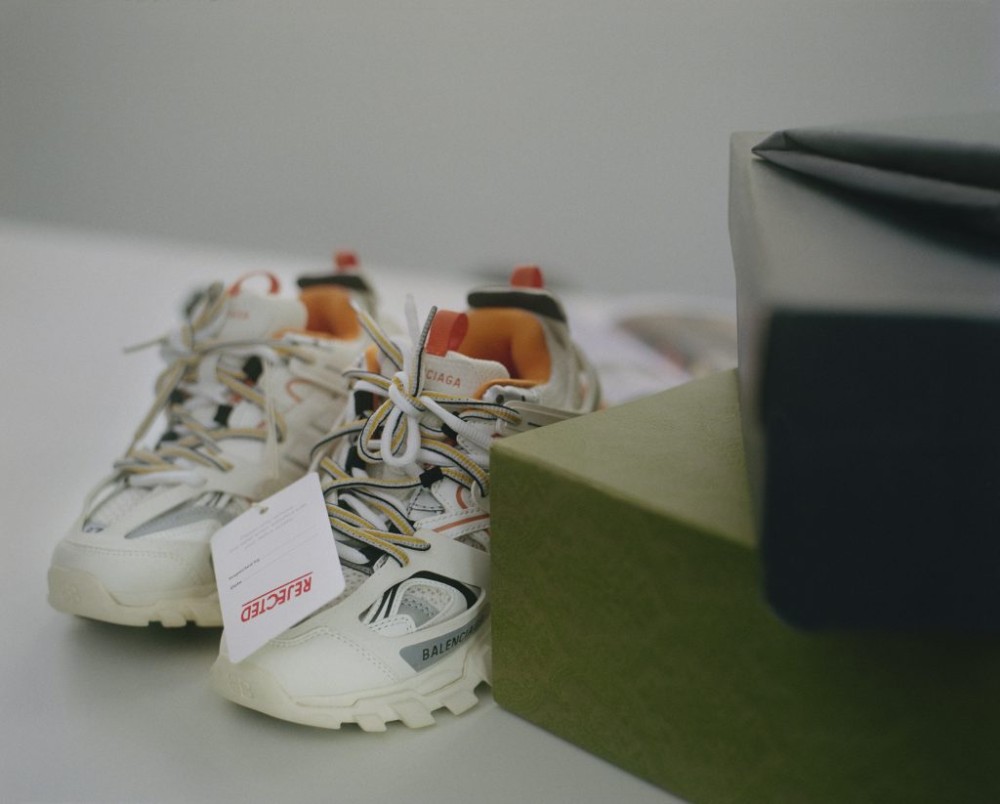
It is also pushing for authentication of luxury goods on an industry-wide, global level.
As yet, there is no globally standardised industry solution incorporating digital ID and blockchain that enables authentication at scale. However, Vestiaire Collective is actively encouraging the industry to move forward and connect with this ecosystem as it takes shape.
As a driving force in this field, Vestiaire Collective joined forces with renowned fashion house and fellow B Corp certified company, Chloé, in February 2023, to launch the first digital ID-integrated resale system in the luxury fashion industry. The forerunning, tech-driven feature now offers customers full traceability of their products with instant resale capability, through ownership certificates for each Chloé piece that include all product care and repair details and permit direct resale through Vestiaire Collective.

The demand for more innovative tech solutions that simplify the searching, selling and buying process and enhance the overall user experience on Vestiaire Collective and the overall second-hand fashion resale market in general, is continuously rising – a long-term observation that is very apparent in Hong Kong as well. Here, consumers – in particular Gen X and Millennials – are very tech-savvy and feel comfortable using apps to purchase goods, including pre-loved luxury fashion products.
Taking the online second-hand luxury resale market to a next level, Vestiaire Collective has joined hands with the Sustainable Markets Initiative and the World Economic Forum to leverage emerging technologies.

“Harnessing systems like blockchain could revolutionize the authentication process. While human authenticators will always remain a vital part of the process, in the future they could see their role reoriented toward items and products that are adjacent to traceability technologies in the future,” Moizant explains.
“At Vestiaire Collective, we firmly believe that technology, combined with an expert touch and extended training, will provide our authenticators with the best tools for fighting counterfeits.”
See more: New York Fashion Week 2023 so far



























